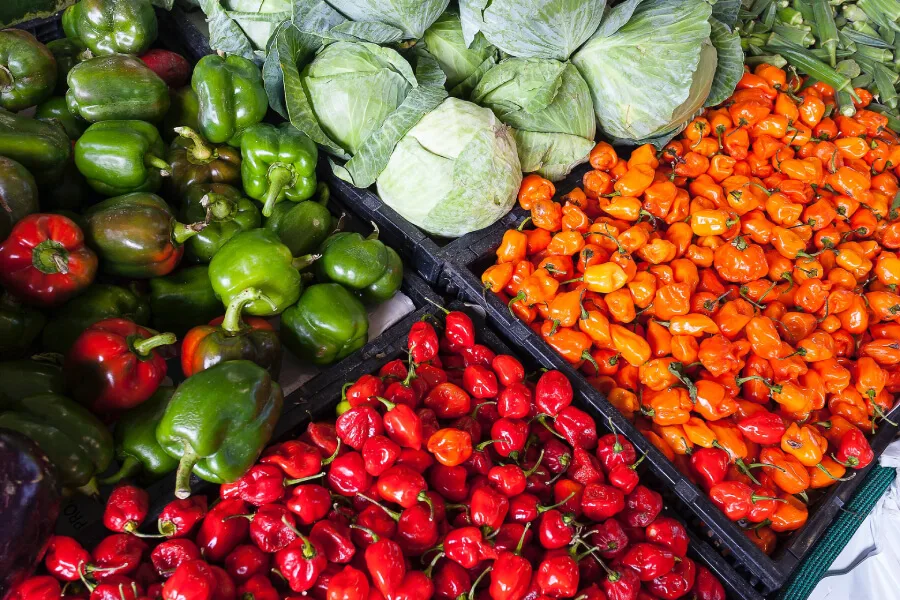IoT technology can provide farmers with real-time data about their crops, cattle, soil, and weather. With these insights, they can make informed decisions in various agricultural operations.
Let’s dig into some examples of where IoT technology works in Agriculture:
Precision Farming: IOT farm appliances can fuel precision farming to solve the challenges of agriculture by providing farmers with data about soil moisture, temperature, pH level, and nutrient content. This information allows farmers to optimize irrigation, fertilization, and pest control, resulting in higher yields and lower crop waste.
Monitoring of Livestock & Weather: With the help of IoT sensors, farmers can monitor & identify the health and behavior of livestock. As a result, the data assist in the better optimization of animal health and improve breeding practices.
Similarly, the prediction and monitoring of weather events and weather patterns enable farmers to adjust their planting and harvesting schedules accordingly.
Smart Greenhouses: IoT technology helps farmers to carry out the work in a greenhouse automatically without many manual interventions. For example, automated systems can measure humidity and temperature in a greenhouse and turn on a fogger when temperatures rise & moisture is low to provide the required humidity and cool the greenhouse.
Agriculture Drones: IoT-integrated agricultural drones are advanced data collection and analytics devices for many farming operations. It offers remote monitoring and control, generating alerts and notifications, Integration with other agricultural systems, and many more. This automation enables farmers to make informed decisions based on real-time information and enhances agricultural productivity.
Supply Chain Management: Installation of IoT tech in agriculture transforms complex supply chains into fully connected networks and enables real-time monitoring, data collection, and analysis throughout the supply chain. As a result, it encourages collaboration among farmers, suppliers, and other stakeholders, which enhances market access and gives farmers a competitive advantage.
Overall, agricultural IoT helps farmers gain actionable insights, automate processes, and enhance operational efficiency for better outcomes in the respective sector.

